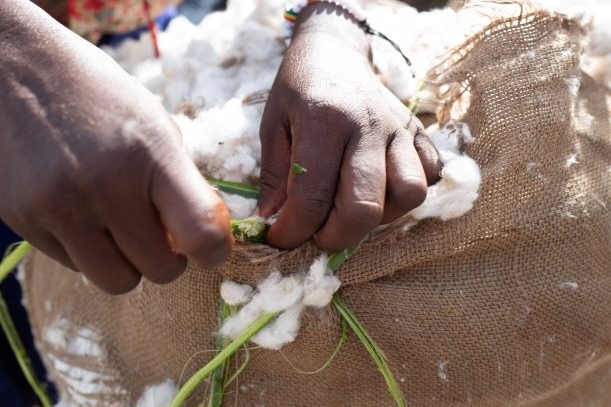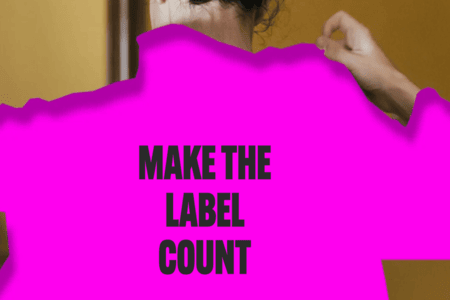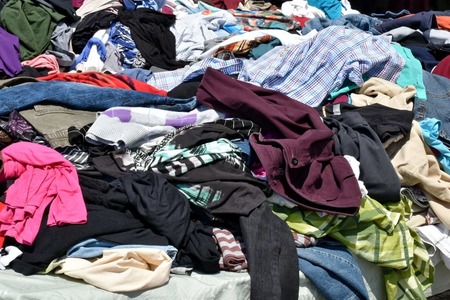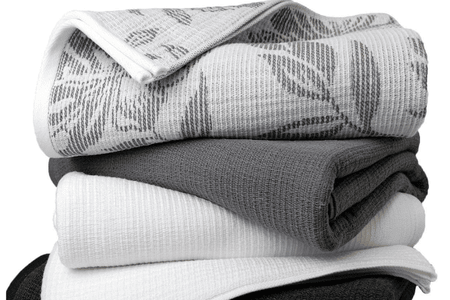
Cotton made in Africa hits new supply and demand records
YarnsandFibers News Bureau 2022-05-27 17:16:28 – GermanyCotton made in Africa (CmiA) has experienced record levels of supply and demand, with new and old clients looking to purchase larger amounts of cotton verified through CmiA and CmiA Organic.
In 2021, 600 million CmiA textiles were introduced to the market, more than double the previous year's volume. Furthermore, in the last four years, the number of licensed retail and brand partners has increased by roughly 30%, and now includes some of the world's largest retail and fashion chains, including Bestseller, Lidl, LPP, and the Otto Group.
CmiA-verified cotton output increased by 10% to 690,000 tons, indicating that the organization currently verifies 40% of all cotton produced in Africa. CmiA is operating in eleven countries and serves over one million small-scale farmers.
Tina Stridde, managing director of the Aid by Trade Foundation, which administers Cotton made in Africa, said that the unprecedented levels of supply and demand for Cotton Made in Africa this year demonstrate how generally accepted sustainable raw materials have become in worldwide value chains. Textile firms from all over the world, as well as cotton enterprises from across Sub-Saharan Africa, have joined their effort as dependable and powerful partners for small-scale farmers.
Stridde added that by working together, they've been able to guarantee that CmiA and CmiA Organic cotton are in high demand across the world and are processed in more than 50 textile manufacturing areas. They can prepare small-scale farmers for the mounting difficulties of climate change by leveraging market forces and building their resilience via new and effective agricultural practices.
In recent years, CmiA has dramatically grown its textile value chain. In 2021, the registered partner network had grown to 240 spinning mills throughout the world. Lidl Group, Otto Group, and Ernsting's family are the top three buyers of CmiA cotton.
Cotton manufactured in Africa is based on a licensing mechanism that compels all textile firms to pay licensing costs for verified cotton to the initiative, which then reinvests the funds in cotton-growing regions in Africa. Some of these monies go toward external auditors conducting frequent audits at the field and ginnery levels to ensure compliance with social, economic, and environmental sustainability requirements. External monitoring ensures that exclusion requirements, such as restrictions on irrigation, child labor, genetically modified seeds, and certain pesticides, are satisfied, as well as progress on improvement criteria, such as soil fertility and gender equality, as stated in international treaties.
Licensing money also helps small-scale farmers with agricultural and business training.
The Aid by Trade Foundation is boosting its investments in climate change adaptation and lowering the climatic effect of cotton farming and ginning. In one case, in collaboration with atmosfair, a carbon-neutral strategy for farming CmiA cotton is being advocated. Around €2.8 million is being spent in sustainable soil management in another collaboration initiative.
Market Intelligence
Ask for free sample Report

experience
Customer Base
dedicated team
Countries Served Worldwide









